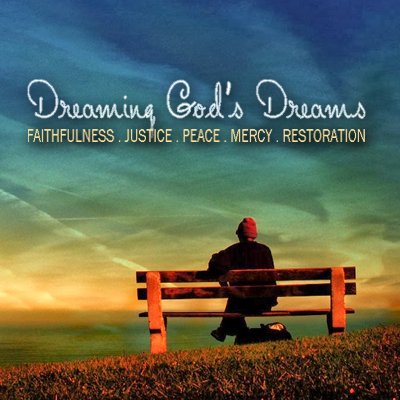Everything [in] between Righteousness & Mercy
Everything [in] between: Part 5
Series based on the Narrative Lectionary & Sanctified Art
April 6, 2025
Luke 19:1-10
Jesus entered Jericho and was passing through town. A man there named Zacchaeus, a ruler among tax collectors, was rich. He was trying to see who Jesus was, but, being a short man, he couldn’t because of the crowd. So he ran ahead and climbed up a sycamore tree so he could see Jesus, who was about to pass that way. When Jesus came to that spot, he looked up and said, “Zacchaeus, come down at once. I must stay in your home today.” So Zacchaeus came down at once, happy to welcome Jesus.
Everyone who saw this grumbled, saying, “He has gone to be the guest of a sinner.”
Zacchaeus stopped and said to the Lord, “Look, Lord, I give half of my possessions to the poor. And if I have cheated anyone, I repay them four times as much.”
Jesus said to him, “Today, salvation has come to this household because he too is a son of Abraham. The Human One came to seek and save the lost.”
Luke 19:1-10 (CEB)
_______________
Reflections by Rev. Jeff Chu
“God has a really bad habit of using people we don’t approve of,” Rachel Held Evans once said. “What makes the gospel offensive is not who it keeps out, but who it lets in.”
I might tweak Evans’s formulation and put it this way: God has a really bad habit of loving people we don’t approve of. Or maybe this: God has a really bad habit of showing mercy to people we don’t approve of.
Or maybe: God has a really bad habit of extending grace to people we don’t approve of.
All are true, as is evident in Jesus’s encounter with Zacchaeus. In those times, tax collectors were loathed. The phrase “tax collectors and sinners” appears multiple times in Matthew, Mark, and Luke, and in one testy exchange with the chief priests and elders, Jesus tosses a rhetorical grenade into their midst, saying, “The tax collectors and the prostitutes are going into the kingdom of God ahead of you.”
Tax collectors were stooges of the Roman Empire. They betrayed their own people and enriched themselves in service to the oppressor. And Zacchaeus was no average corrupt bureaucrat. He’d amassed immense wealth, climbing on others’ backs to the rank of chief tax collector. In other words, he was a senior deplorable.
So it especially galled the gathered crowds that, of everyone clamoring for Jesus’s attention that day in Jericho, he would choose to stay with that man. Can you believe it?
The good teacher would want to be in the home of that despicable, unrepentant sinner? I say “unrepentant” because, before Jesus invites himself over, the vertically challenged Zacchaeus has done nothing except climb a tree to get a better view, again setting himself apart from his people. He hasn’t admitted wrongdoing, resigned his position, or confessed his sin. Still, Jesus says, I will abide with you.
It’s striking that Jesus never called Zacchaeus out — no loud shaming, no public humiliation. Rather, this seems like the gentlest calling-in. Faced with Jesus’ tender warmth, Zacchaeus descends from the tree, rejoins the people, and immediately pledges restitution — a two-pronged act of reconciliation with both God and neighbor.
Confirmation of this remarkable turnabout comes in Jesus’s declaration: “Today salvation has come to this house.” Our ears might be tempted to hear an absolution of individual sin. But Jesus says “to this house,” not “to this man,” which hints at something broader. The Greek word σωτηρία (soteria), translated here as “salvation,” also means “deliverance.” Woven into σωτηρία is a suggestion not just of cleansing but also of wholeness. In the communal culture of Jesus’ day, salvation meant the wholeness derived from belonging. By repenting, Zacchaeus had been delivered from broken relationship with his people back into the wholeness of community.
We can’t know how Zacchaeus would have responded if Jesus had instead tried loud condemnation. We do know that what worked was winsome grace, gentle mercy, and a love so attentive — and so offensive — that it healed.





